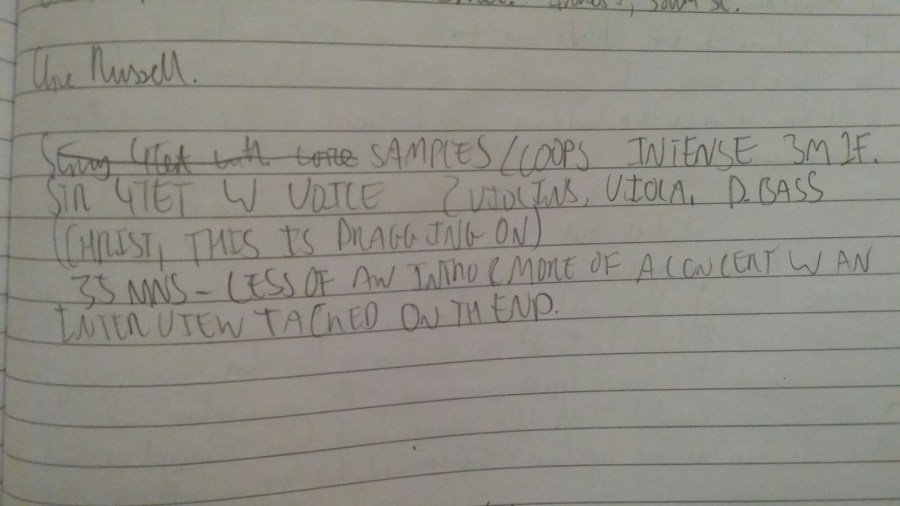A couple of friends have recently asked me to look over pieces they’ve written. At one time, it would have been difficult for me to do this as I didn’t like to give negative feedback. Having received honest critiques of my own work, I now feel comfortable about identifying areas of improvement in others’ work and making suggestions for improvement.
Firstly, I received an 11-line poem. Among other suggestions: I could see that each line began with a capital letter even in run-on sentences, which is unconventional in modern poetry; I swapped around a couple of clauses to create a stronger image; and I broke up the poem into three stanzas instead of one. These suggestions are partly personal preferences, but they’re informed by reading a lot of poetry and considering what works well and not so well.

The other piece I looked over was an application for a university course, and I had help from a friend who has experience in this field. In this instance, I didn’t know all the specialist terminology or concepts, but there were aspects common to most writing styles that I could point out: using shorter paragraphs to create more negative space, which is easier on the eye; thoroughly checking spelling and grammar, for which I suggested reading the piece out loud while alone; and moving a certain project nearer the top of the application as it stood out among the others.
Ultimately, the writer has the final call on how to present their own piece. As such, I made it clear that the corrections were merely suggestions.
There is always a risk that the other party will react badly or become disheartened, particularly if you don’t know each other very well. It’s impossible to police another person’s feelings, but there are ways to make an unfavourable outcome feel less harsh. A classic is the Bad News Sandwich: a positive greeting, the negative result, a positive next step. Here’s a rejection e-mail I received last year:
Thank you for entering the August 50 Word Fiction Competition.
Unfortunately, your story was not selected as the winner this month. It was another very busy month and very difficult decision for our judges.
If you’d like to enter again, we’d love to see your words.
So when I close that message, I don’t think What an arrogant bunch, I think, I’ll up my game for September.




